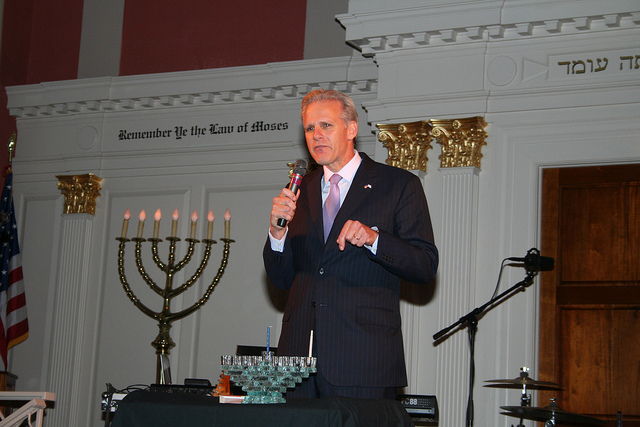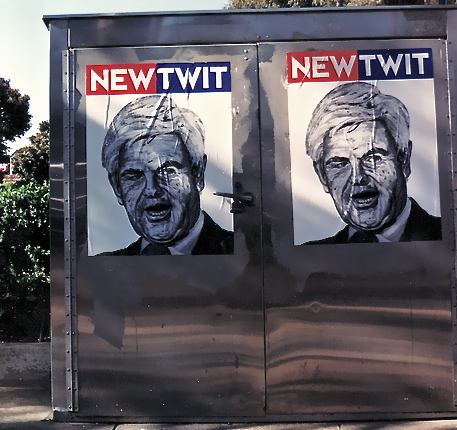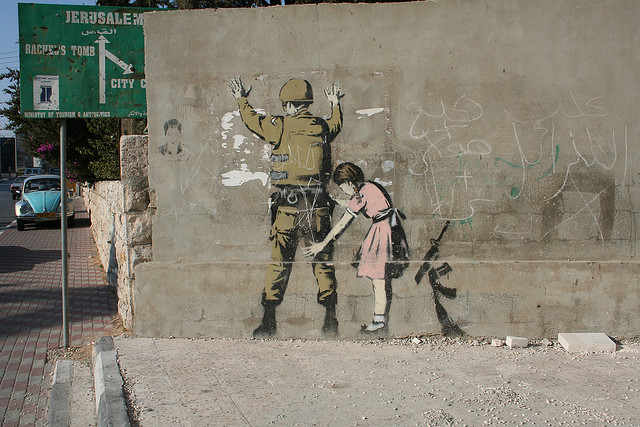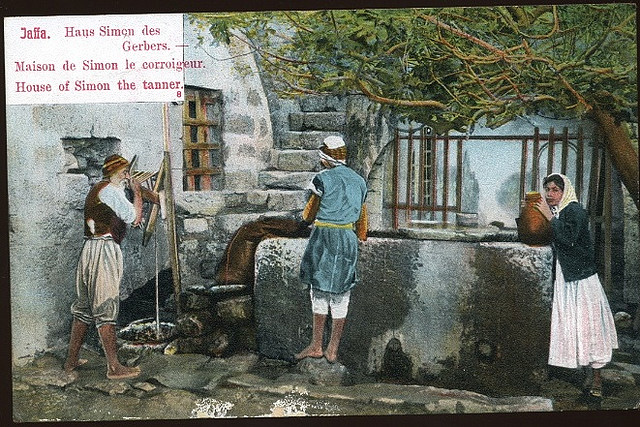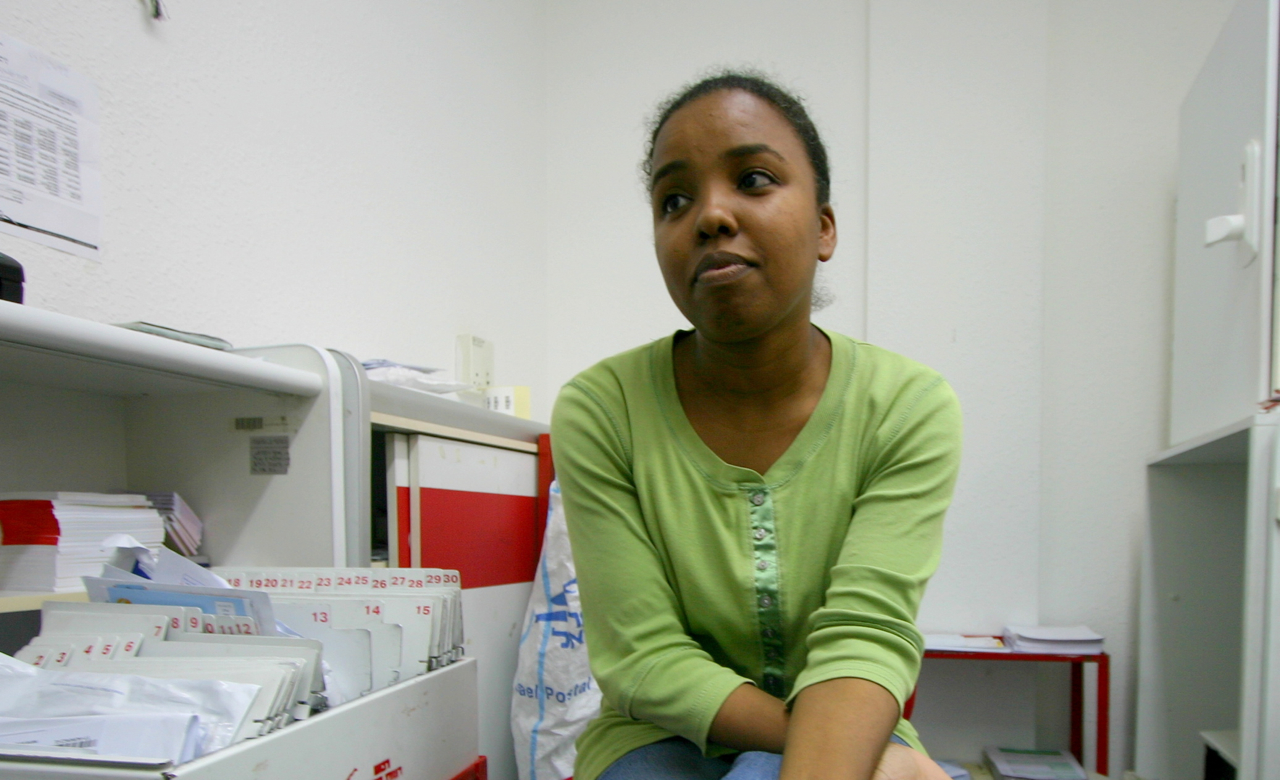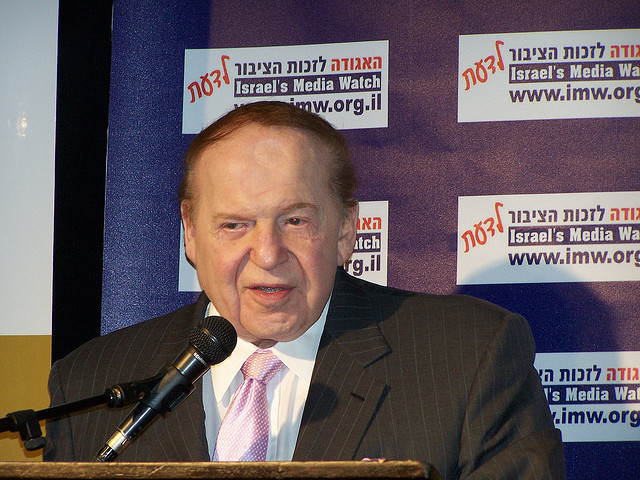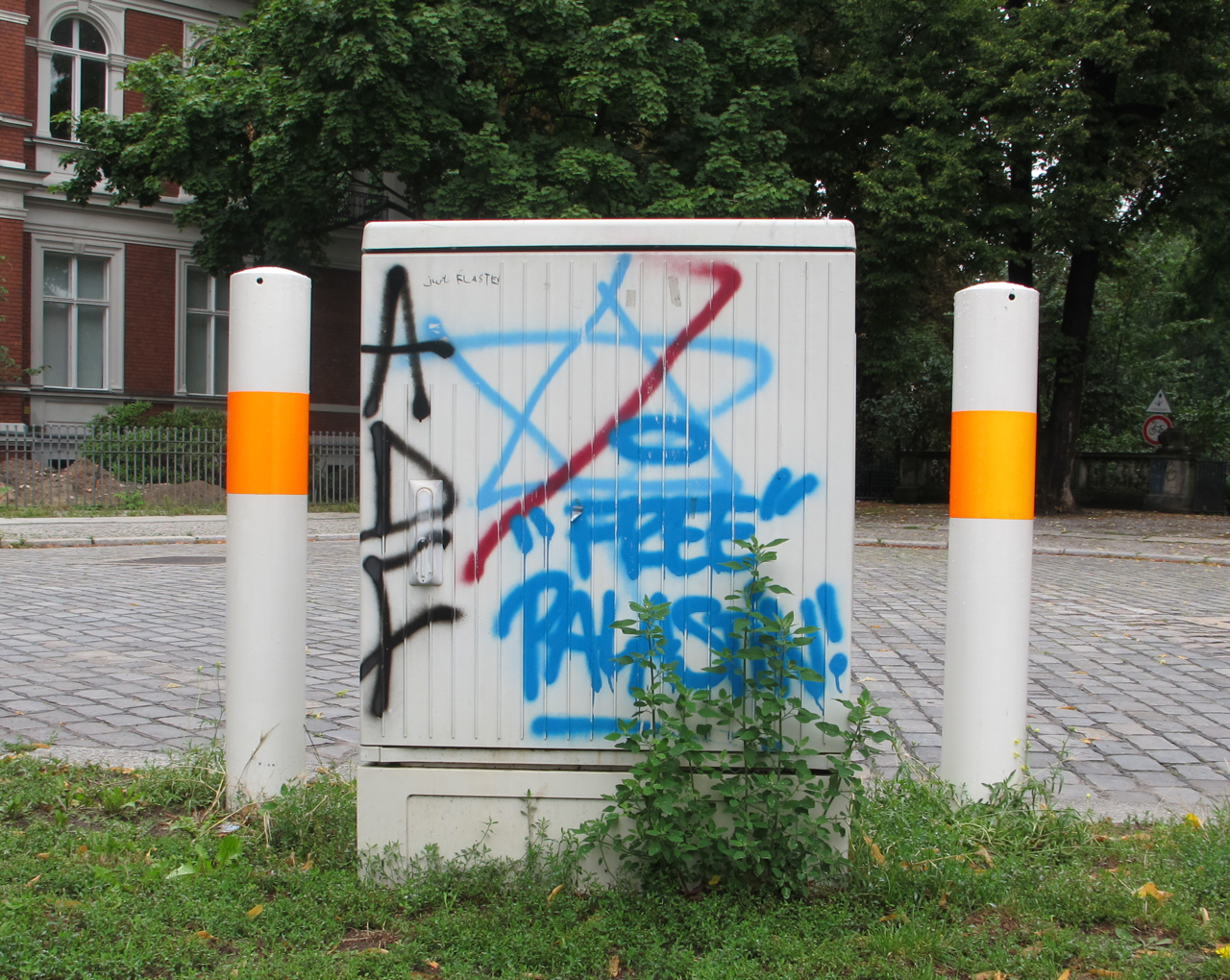Last week, Thomas Friedman wrote a column criticizing Republican presidential candidates for pandering to Israel and ignoring what was in the best interests of both Israel and the United States. He also spared more than a few words to express his concern over the fact that more and more US Jews are drifting away from Israel. (More…)
Near & Middle East
In Monty Python and the Holy Grail, a woman is accused of being a witch. When the knight presiding over the proceedings asks how the people know she is a witch, a man in the crowd responds “She turned me into a newt.” When the knight seems unconvinced, the man says, sheepishly, “I got better.” Here in Washington, DC, our Newt just keeps getting worse. (More…)
With the 2012 Presidential campaign already underway, conventional wisdom dictates that Barack Obama will steer clear of any controversy regarding Israel. Well, he certainly surprised us all this week. Obama himself has remained largely aloof from the Middle East. But key members of his administration have churned up a surprising amount of controversy. (More…)
This week, Iceland became the first European country to recognize the State of Palestine. The declaration had a curious clause: “Iceland recalls also the right of Palestinian refugees to return to former homes in accordance with numerous UN resolutions.” (More…)
Americans preoccupied by the Israeli-Palestinian conflict live in the twilight zone. In recent weeks, this feeling has held unusual power. Take, for example, the embarrassing incident where US President Barack Obama exchanged unkind words about Israeli Prime Minister Benjamin Netanyahu with French President Nicolas Sarkozy. (More…)
Julia wanted to be a lawyer. But her family was poor. There was no money for university. So, in 2000, a few years after she’d finished high school in her native Russia, she applied to a company that promised overseas work. “They told me that after a year, I would be able to come back. They said I would have enough money to study and to buy a small apartment,” Julia says, speaking through a translator. (More…)
This story was taken for Arthur Neslen’s book In Your Eyes a Sandstorm: Ways of Being Palestinian a collection of interviews about Palestinian identity. Sadly, for space reasons, it could not be published there. But Souciant is happy to give it a home. In Your Eyes a Sandstorm will be released next week. (More…)
It was a typical California evening, in the Fall of 2005. I was driving to a friend’s home in north Berkeley. Sporting a Hebrew-language bumper-sticker that read “Sharon has no solution. End the occupation, negotiations now,” aside from being honked at by the occasional Israeli (the Bay Area is home to a growing expat community,) very few people, including Jews, understood what it meant. This night would be an exception. (More…)
In 1947, the fledgling United Nations endorsed the creation of a Jewish state in Palestine. Since then Israel’s relationship with the UN has become more and more contentious. Last week, the confrontation between Israel and the Palestinians over Mahmoud Abbas’ bid for United Nations membership added a new chapter to that relationship. But what it means remains to be seen. (More…)
When it was clear that the Mubarak government was on its last legs, and the Egyptian revolt was succeeding, I estimated that Sadat’s peace treaty with Israel would last only two or three years. I was wrong. It will probably be abrogated even more quickly. The consequences will prove a disaster for Israel, Palestine, the Middle East and the world. (More…)
Next week, the Palestinians will get the United Nations General Assembly to endorse their right to an independent state, and possibly to grant them non-member observer status in their global body. This proposal has become a virtual obsession in both Jerusalem and Washington. As the date approaches, the hysteria is reaching a fever pitch. (More…)
Sometimes, it seems, that Israel’s security echelon is as bent on terrifying the country’s Jewish population as it is the Palestinians. Considering the paranoid prognostications of Major General Eyal Eisenberg, that the Arab Spring could give way to “a winter of radical Islam … and as a result the possibility for a multi-front war has increased, including the potential use of weapons of mass destruction,” one would be hard pressed to imagine otherwise. (More…)
